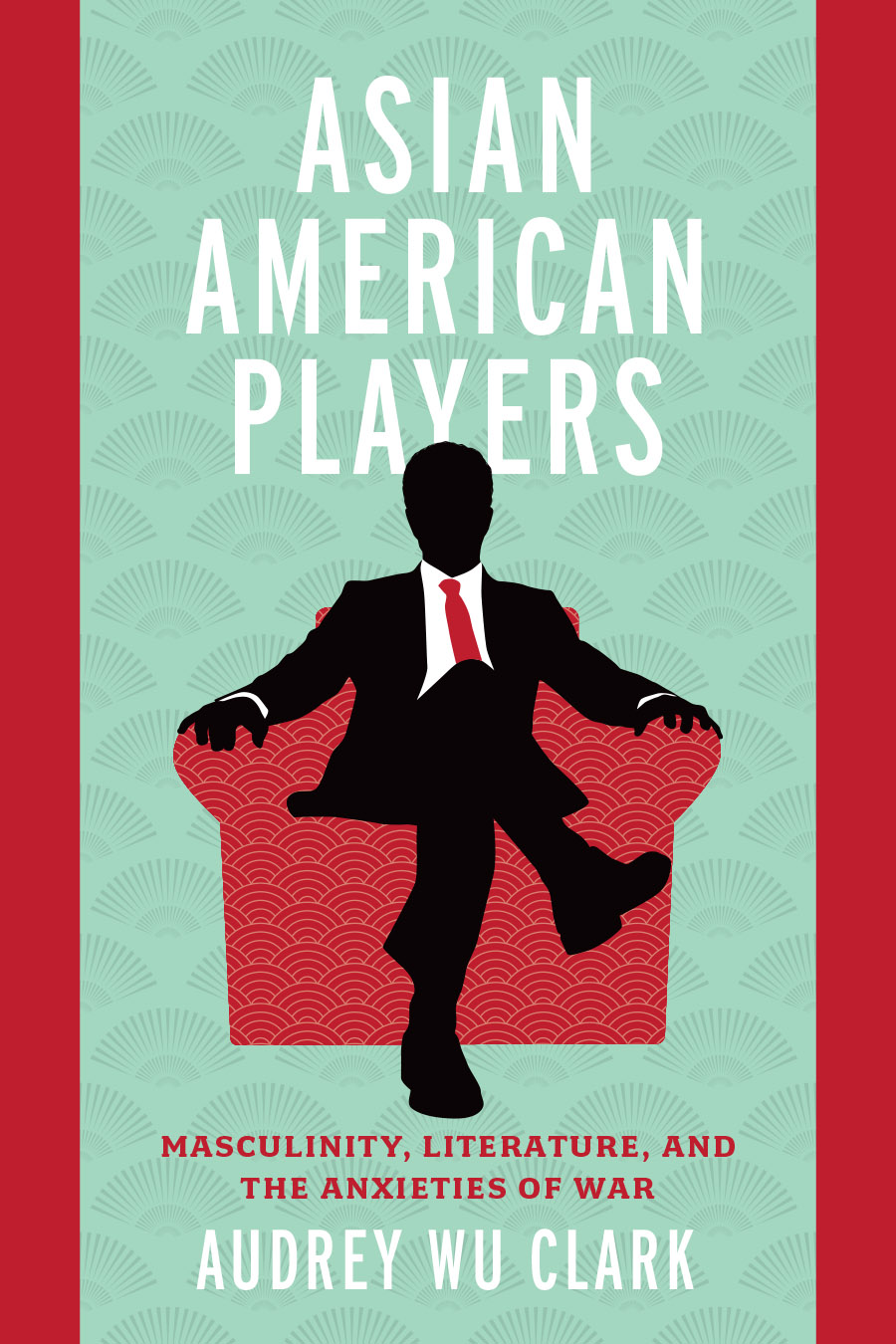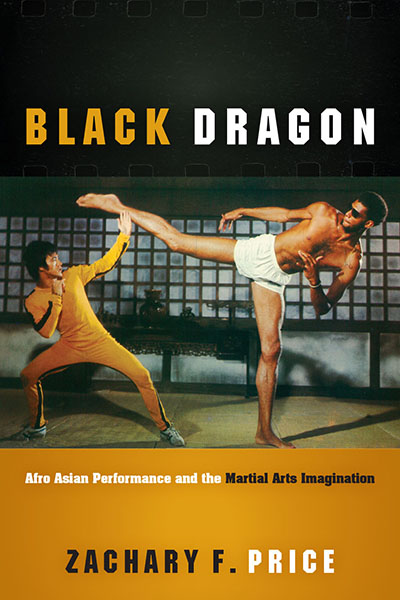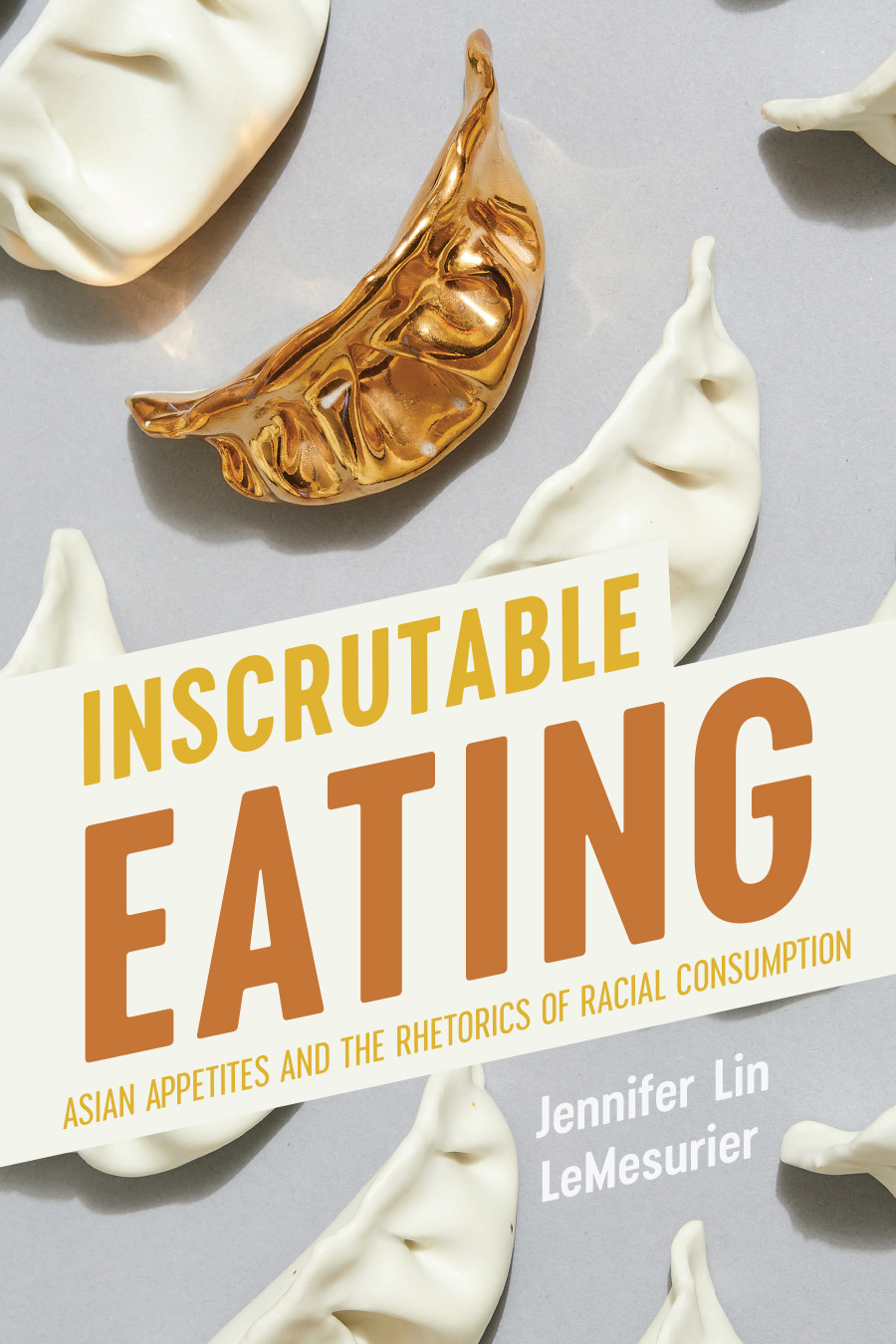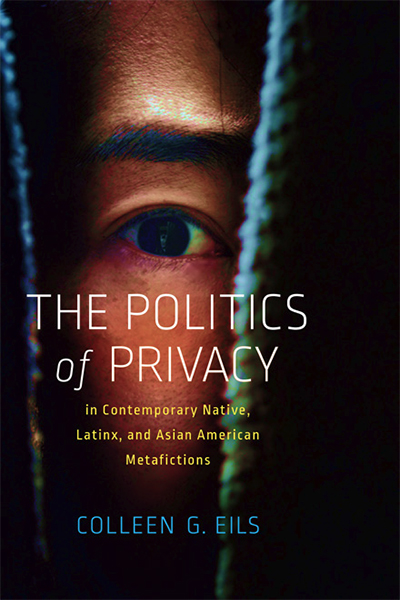Honorable Mention, 2025 Association for Asian American Studies Book Award, Literary Studies Category
Asian American Players reviewed in Modern Fiction Studies
“Asian American Players: Masculinity, Literature, and the Anxieties of War is a well-researched and ambitious contribution to American literary history, filling in a much-needed gap in scholarship about the impact of US foreign policy on Asian American masculinities since World War II.” —Jolie A. Sheffer, Studies in the Novel
“This study contributes to interdisciplinary thinking in postcolonial literature and Asian American studies, and perhaps more importantly, it engages with gender as performativity on national and individual stages.” —Pamela J. Rader, Rocky Mountain Review
“In this dense deep dive into Asian American literature Clark (US Naval Academy) examines the intersectionality of race, gender, and sexual identity in a culture long burdened and warped by rampant US imperialism and white hegemonic masculinity. …In Clark’s analysis, all of this plays out against the backdrop of post-1945 US imperialism, which continually feeds and reinforces cultural norms based on certain types of masculine behavior deemed socially acceptable, perhaps even essential to the system writ large. … Summing up: Highly recommended.” —A. Kingston, CHOICE
“Asian American Players makes innovative contributions to Asian American literary scholarship both in its historicizing approach—in which Clark contextualizes texts in relation to not the war they talk about but the war at the time of writing—and by centering underexamined Asian American cisgender masculinity.” —Belinda Kong, author of Tiananmen Fictions Outside the Square: The Chinese Literary Diaspora and the Politics of Global Culture
“Clark reads Asian American literary production through the geopolitical lenses of four major wars—the Korean War, the Vietnam War, the Gulf War, and the War on Terror—to persuasively demonstrate how Asian American literature indexes the evolving yet remarkably stable masculinist ethos undergirding post–World War II American wars and how Asian American players can be read as a corollary of American capitalism and military dominance.” —Tina Chen, author of Double Agency: Acts of Impersonation in Asian American Literature and Culture
The player is a womanizer, a trickster, a gambler—but can Asian American men fully participate in this kind of masculinity? In Asian American Players, Audrey Wu Clark showcases how the literary figure of the Asian American player unsettles the hegemony of white American masculinity through mimicry, even as that masculinity socially and politically alienates him. She examines gendered and racialized US militarism through works written during major postmodern American wars, investigating how books by John Okada, David Henry Hwang, Chang-rae Lee, Frances Khirallah Noble, and Viet Thanh Nguyen (re)fashion Asian American masculinity in ways that ultimately mimic masculinist American foreign policy and military strategies during corresponding wars. She unearths a dual picture of Asian American players: as traces of the anxiety of America’s quest for empowerment and continued military and industrial dominance in the international arena and as those tarred as inferior and disloyal outsiders within this mirrored global dominance. She thus finds new inroads into understanding US imperialism and militarism and identifies ways that key literary figures have written against insidious tropes.
Audrey Wu Clark is Associate Professor of English at the United States Naval Academy. She is also the author of The Asian American Avant-Garde: Universalist Aspirations in Modernist Literature and Art.
Contents
Acknowledgments
Introduction Asian American Players
Chapter 1 Playing the Korean War: Domestic Containment and the Bluff of Melancholic Asian American Masculinity
Chapter 2 Playing the Vietnam War: Remasculinization and the Rhetoric of Polarity
Chapter 3 Playing the Odds of the Virtual Gulf War: World Police and Family Man
Chapter 4 Playing the Endless War: The Simulacra of Illegitimacy after 9/11
Conclusion The Anxieties of Postmodern Wars
Bibliography
Index





